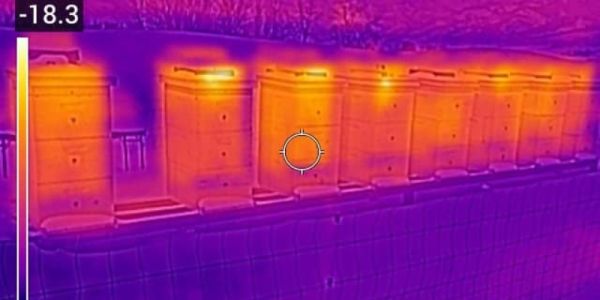
Research challenges beliefs on honeybee insulation
Honeybees do not naturally insulate their colonies against the cold, according to new research by the University of Leeds.

Honeybees do not naturally insulate their colonies against the cold, according to new research by the University of Leeds.

The University of Leeds has renewed its commitment to a partnership with Santander Universities that removes barriers to higher education, benefiting students, staff and the local community.

A ground-breaking new discovery could transform the way astronomers understand some of the biggest and most common stars in the Universe.
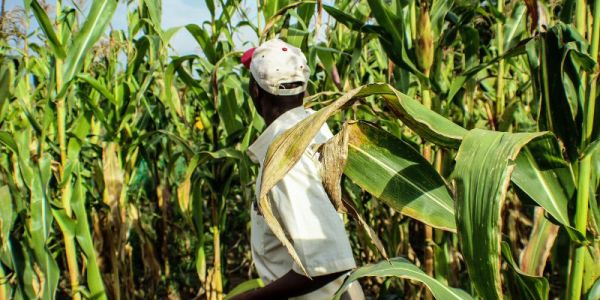
New and novel techniques in satellite analysis will be used by scientists at the University of Leeds to help farmers in Kenya respond to global warming and environmental degradation.

University of Leeds staff and students are making a difference to the futures of children and young people in local communities, the city of Leeds and around the world.

From Eurostar to the Heathrow Express, Paul Le Blond has been involved with some of the UK’s most important transport projects in recent times. He’s now helping the aviation sector to reach net zero.

A novel aqueous lubricant technology designed to help people who suffer from a dry mouth is upto five times more effective than existing commercially available products, according to laboratory tests.
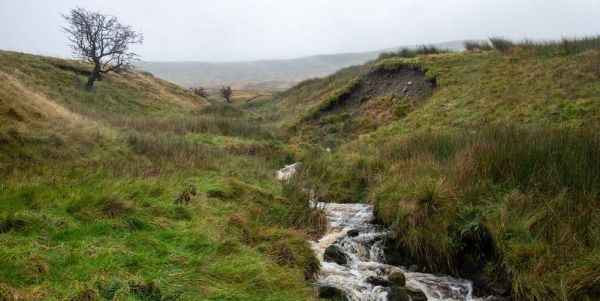
Pioneering research will for the first time monitor how the creation of England’s biggest new native woodland could help stave off the worst effects of climate change, such as flooding.
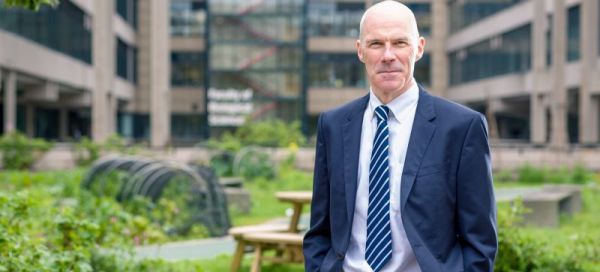
The University of Leeds has been chosen by the UK government to take a leading role in the co-ordination of health research across England.
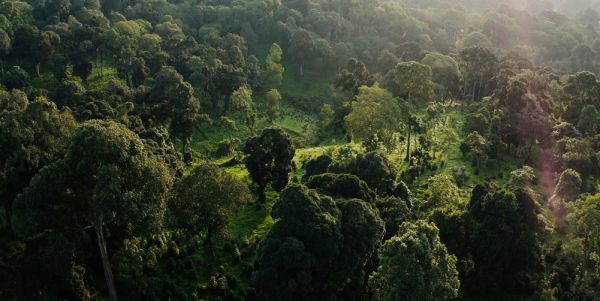
If the world’s natural forests are allowed to grow and mature rather than being cut down, 226 billion tonnes of carbon could be taken out of the atmosphere, according to a major international study.